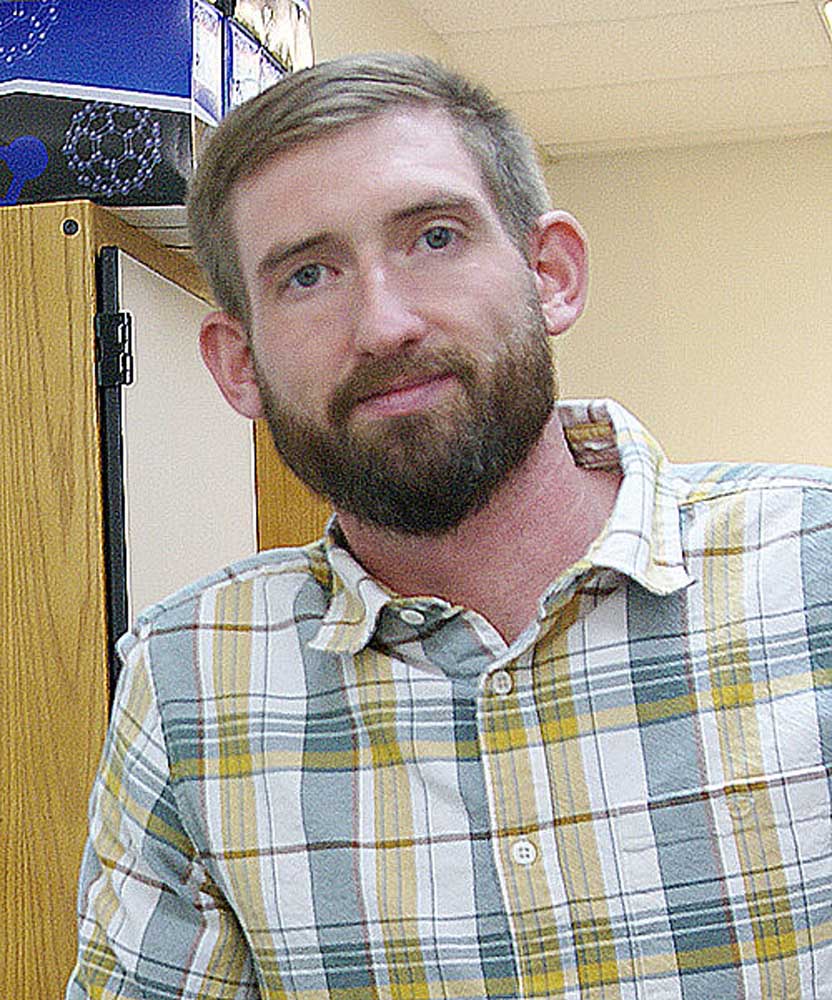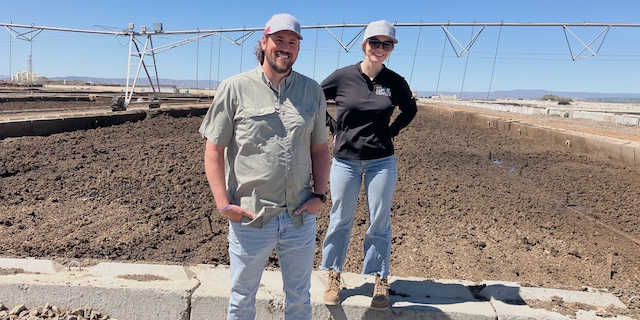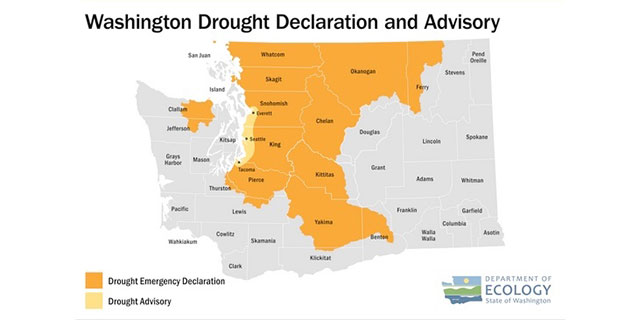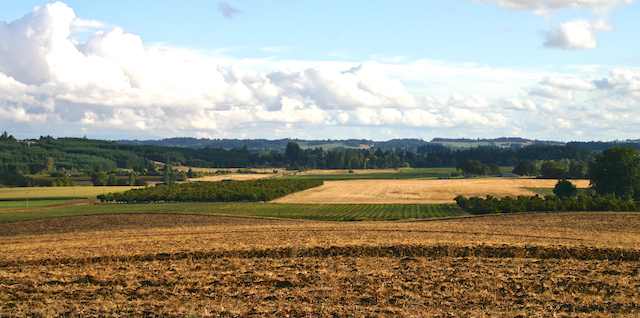Solving problems in aquaculture
Published 10:00 am Tuesday, February 14, 2023

HAGERMAN, Idaho — The University of Idaho’s newest and only second-ever extension aquaculture specialist, Jake Bledsoe, is from Indiana but is no stranger to the Gem State.
He did his graduate research and was a teaching assistant at the university in Moscow from 2016 to 2020. He was also a postdoctoral researcher with USDA Agricultural Research Service at the Hagerman Fish Culture Experiment Station.
That postdoctoral work involved genetically characterizing fish that could tolerate a plant-based diet and working with Ken Overturf, a USDA ARS fish geneticist. When that project concluded in October 2021, Bledsoe took a position with USDA ARS as a research geneticist in Orono, Maine, working on genomic selection in Atlantic salmon.
“I loved the work we were doing out there, but this position opened up,” he said.
In addition to being an extension aquaculture specialist, the job offered an assistant professor position directly affiliated with the university’s Aquaculture Research institute. He returned to the university and Idaho in February.
“I’m really fortunate to have spent time here. I already established a lot of relationships and really love the Idaho industry. I couldn’t turn it down,” he said.
Another big appeal was working with graduate students, mentoring them on projects and overseeing grants. On the flip side, working with fish farmers will keep him from getting into a “science bubble,” he said.
He met quite a few fish farmers while doing his postdoctoral work and is familiar with the big players. Now he’ll get to meet a lot more and find out more about their challenges, he said.
“Meeting with stakeholders, in general, is a big priority. The goal is to get to know them so I know their problems, then use research to solve the problems,” he said.
Bledsoe’s research background is in fish physiology and genomics, with a particular expertise in understanding the roles that microbes play in aquaculture — from healthy gut microbiota to disease-causing environmental pathogens.
“I plan to use an integrative and collaborative approach to come at research questions from multiple perspectives to overcome problems related to feed costs and sustainability, losses to disease, water quality management and genetic improvements,” he said.
One of his early extension priorities is workforce development to recruit, retain and provide continuing education to make sure the industry has employees capable of meeting its needs.
Another is water policy to ensure aquaculture operations are regulated fairly and maintain compliance.
Yet another is marketing to help identify new regional and national markets and hosting community-engagement marketing opportunities.
“I am honored to be given the opportunity to serve Idaho aquaculture, an industry I’ve learned to love over my last six years in the area,” he said.
His predecessor, Gary Fornshell, left big shoes to fill with all the great impacts he had on the industry, he said.
“But thanks to all the warm welcomes, support and guidance I’ve received in the first few months on the job from Gary and the industry, I feel very well positioned and am excited to get to work on solving industry problems,” he said.
Age: 33
Position: Assistant professor/aquaculture research and extension specialist, University of Idaho
Location: University of Idaho Aquaculture Research Institute, Hagerman
Education: Doctorate, natural resources and fish physiology, University of Idaho, 2020; master’s degree, animal science, Southern Illinois University, 2015; bachelor’s degree, aquatic sciences and associate’s agricultural economics, Purdue University, 2012
Research interest: Understanding the role of gut microbiota of aquaculture fish species, fish physiology, endocrinology and genetics
Affiliations: Idaho Aquaculture Association, board member; U.S. Trout Farmers, assisting with annual meeting in 2022; American Fisheries Society, National/Idaho Chapters, fish health, genetics, culture subsections; National Aquaculture Association; World Aquaculture Society; U.S. Aquaculture Society; National Aquaculture Extension; Western Regional Aquaculture Center
Publications and presentations: 17
Awards: Plant and Animal Genome conference travel honorarium, Aquaculture Working Group, 2020; top 10 most cited article, PLoS ONE, 2016; Excellence in Graduate Student, Southern Illinois University, 2015






